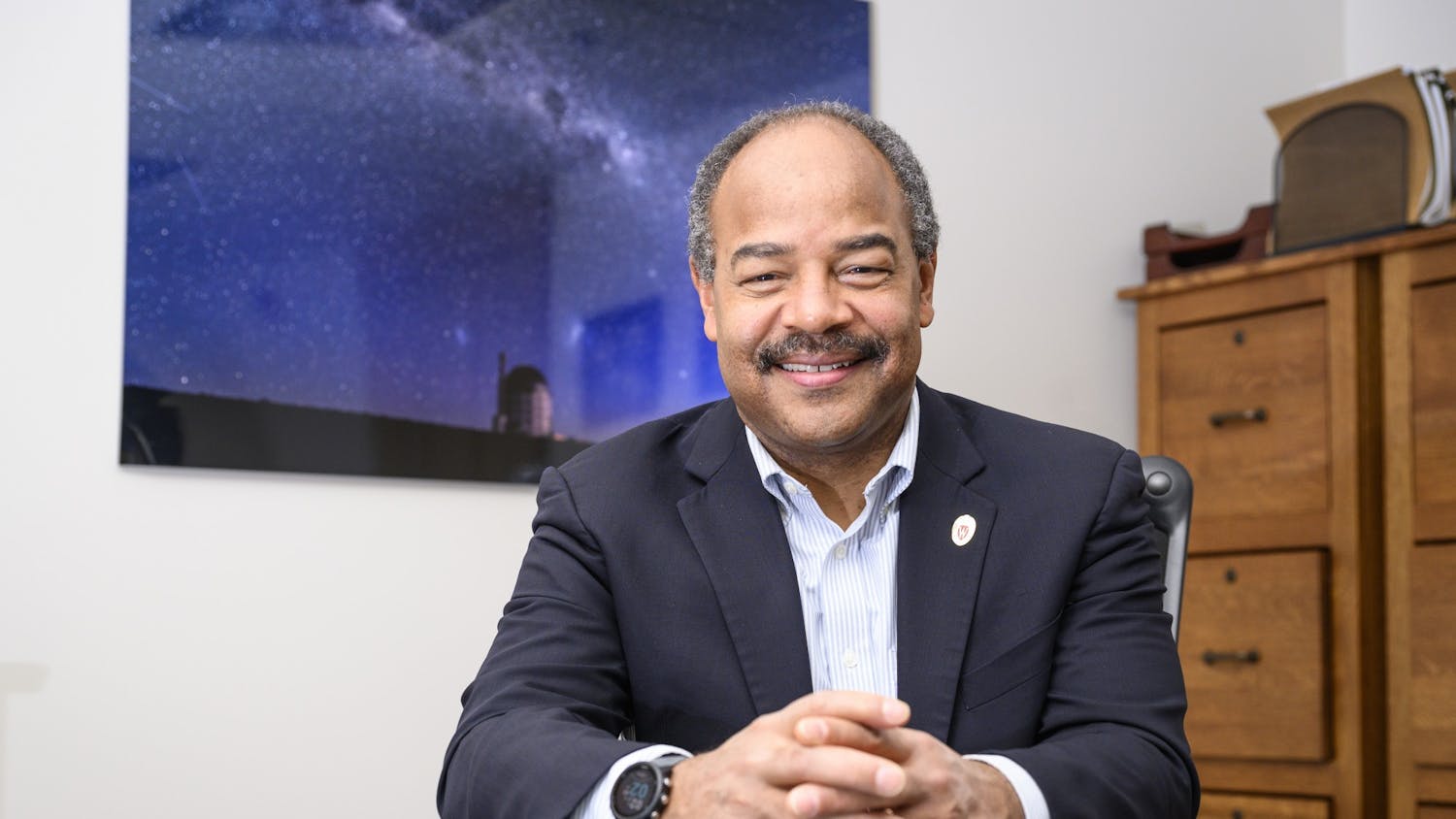Environmental history professor William Cronon transported hundreds of viewers Tuesday evening from a theater in Memorial Union to iconic national areas including Niagara Falls and Yellowstone Park, challenging them to question the real meaning of wilderness.
“[Wilderness] is not, itself, a natural phenomena,” Cronon said.
In a lecture titled “American Wilderness, Past, Present, and Future: A Historical Mediation,” Cronon described the history of the 1964 Wilderness Act to commemorate the act’s 50th anniversary.
The Wilderness Act protects more than 100 million acres of United States public land and created the National Wilderness Preservation System.
Cronon traced wilderness back to colonial times by referencing documents that described a sense of mission attached to American settlement. However, Cronon said the transformation of wilderness into civilization is a myth with built-in erasures, the most obvious of which was overlooking native populations.
“This was a home to millions of Native Americans,” Cronon said.
Documents either omitted Native Americans all together or predicted these populations would vanish. He then displayed the image of a painting with the skeletal remains of a birchbark canoe in the foreground.
The professor highlighted the differences between how settlers viewed nature and how we see it today.
“The stump and axe are the symbol of progress,” he said.
The French Revolution lead to social critiques and the emergence of romanticizing wilderness when youths retreated from the bloodbath to nature.
In following years, well-known environmentalists such as Ralph Waldo Emerson, Henry David Thoreau and Thomas Cole highlighted the tension between “divine” wilderness and human elements in their works.
With the rising popularity of experiencing nature, particularly at Niagara Falls, so began tourist infrastructure. Cronon described the falls as a “place of nature overwhelmed and desecrated.”
Automobiles acted as the most decentralizing force in human history and allowed working-class Americans to enter parks. The Wilderness Act prohibits roads, vehicles and permanent structures in designated wilderness areas.
“It’s hard to imagine the Wilderness Act being passed today,” Cronon said. “We’re living in a very dynamic world.”
Cronon concluded by saying these statutes are all about touching, knowing and loving the world we inhabit.






